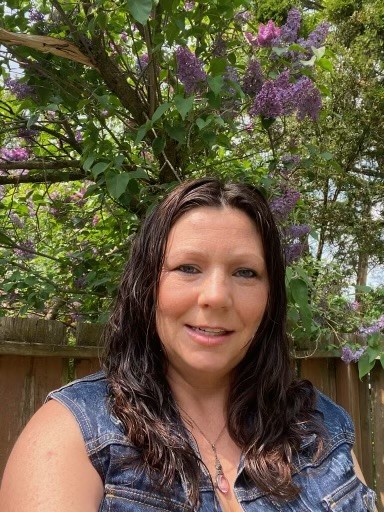The Role of a PSW on the Seniors Mental Health & Addictions Response Team
June 06, 2023
The Huron Perth Seniors Mental Health and Addictions Response Team provides a range of specialized mental health services and education for seniors.
Mobile Behavioural Supports Ontario (BSO) services are offered and include assessment, treatment and support for older adults living with chronic and persistent mental health concerns, addictions, and/or responsive behaviours associated with dementia and/or neurocognitive conditions.
Treatment plans may include consultation with specialists, like psychiatrists and geriatricians as well as creation of strategies to help manage behaviours that are considered challenging and/or risky.
The multidisciplinary team includes, nurses, social workers, a psychosocial rehabilitation therapist and, one of the latest additions personal support workers (PSW). PSW team members are Ginny Rolph and Abbey Bellai.
Ginny and Abby work closely with the client, their caregiver(s) and the Clinical Transition Facilitator to trial strategies, develop relationships and support the creation of a behavioural care plan that reflects a client’s personhood and their unique needs and interests.
We asked Ginny to share some insights into her role as part of the Seniors Mental Health & Addictions Response team!
In my role as a PSW, I focus more on the client’s mental health needs rather than their physical care needs. I collaborate with other team members to determine the best person-centered care approach and supports for the client.
I am able to have one-on-one conversations with clients, getting to know their likes and dislikes and engaging them in meaningful and purposeful activities while understanding their unique personhood.
My role allows me to build trust and rapport with clients and their caregiver(s). This is most helpful on the day of transition, which refers to when a client is moving to a new living environment, often from independent living to a long-term care or retirement home, as I have a better understanding of how to support the client with their unique behaviours.
I feel the most rewarding part of my job has been the clients and supporting my local community. I have been able to build meaningful relationships with clients and their caregivers, as well as with other community care providers supporting the client.
Some of our clients may not have family members to support them during their transition, so having a familiar face on the day of transition helps the client feel more at ease and settle into their new surroundings.
The support I offer on the day of transition also allows me to share behavioural care strategies that I helped create with staff in the new care environment. This allows them to learn how to care for the client more effectively. I feel honoured to be able to support the staff in understanding the person behind the behaviours, as knowing the person helps them build rapport and trust with the client as well.

Ginny, PSW